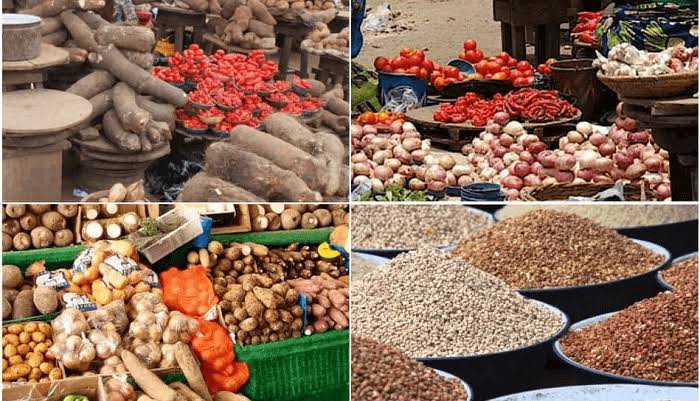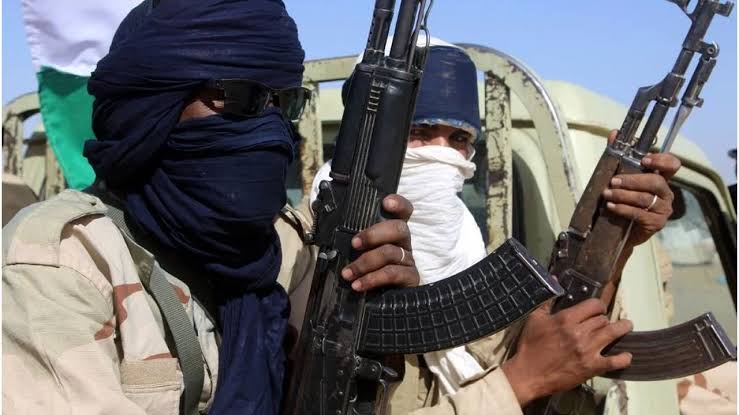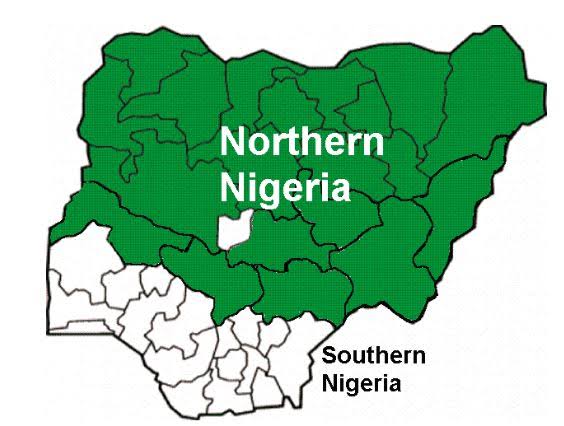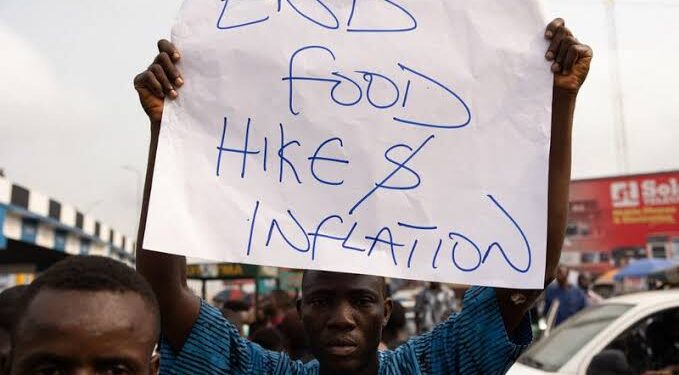Hassan Ya’u, 42, a maize and sesame farmer in Katsina state in northern Nigeria, was tending his fields earlier this month when dozens of gunmen on motorbikes drove into his field and began shooting at close range.
Ya’u and his colleague Musa Nasidi managed to escape, but at least 50 people were killed in the attack, many of them farmers who were working in the fields at the time. It was the latest in a series of deadly attacks on agricultural communities.
The attack took place in broad daylight and led to an unknown number of people being kidnapped.

Ya’u and Nasidi said the gunmen attacked the rural area of Kankara because farmers had not paid the levies imposed by the militant group. Such attacks have forced many farmers to abandon their fields, contributing to higher food prices and soaring inflation as Nigeria faces its worst cost of living crisis in a generation.
“They set fire to my crops and took away food worth about 4 million naira ($2,739.73),” said Ya’u, who has taken refuge in the town of Daura, about 200 kilometers from Kankara. I can’t go to my farm because bandits have taken over the area. Everything has been destroyed,” added the father of a 13-year-old who faces an uncertain future.

The gunmen are demanding up to 3 million naira, depending on the size of the village, to allow farmers to work. “Farmers have even formed vigilante groups to secure access to their farms, but it remains very difficult,” said Kabir Ibrahim, president of the All Nigeria Farmers Association.
Northern Nigeria produces most of the country’s staple foods, including rice, yams and maize, but it is also the most unstable region of the country, with armed kidnappers raiding and plundering villages in the northwest and Islamic militants wreaking havoc in the northeast.
After the attack in Kankara, 36-year-old Nasidi fled near the town of Katsina. He used to harvest about 400 bags of groundnuts, 80 bags of sesame and 200 bags of maize, but now he is facing a dark year after bandits set part of his 8.5-hectare farm on fire.
“The situation was beyond our control and we had no choice but to leave Kankara as our lives were in danger,” Nasidi told Journalists.
A World Food Programme report on acute food insecurity trends around the world said Nigeria has become one of the world’s “hunger hotspots”. Analysts attribute this to uncertainty in agricultural regions and high costs of seeds, fertilisers, chemicals and diesel.

Lagos-based consultancy SBM Intelligence said 1,356 farmers have been killed in Nigeria since 2020. With 137 deaths recorded this year, farming is becoming a dangerous occupation, the report added.
“The risk is very high,” said Confidence McHarry, a senior security analyst at SBM, adding that militants have also attacked farmers “because they suspect they are collaborating with the military.” Defence spokesman Maj. Gen.Edward Buba said the military was prioritising farmers’ safety as the rainy season arrives.
“Farmers’ associations will join the army’s agricultural protection programme to make the most of the rainy season,” he said, without giving further details. But for Abdulaziz Gora, a 22-year-old farmer from Zamfara state, next to Katsina, there is little hope of returning to his farm.
After a violent attack on his village in May, he abandoned his soybean and corn fields and moved to Gusau, the state capital. “Anyone caught there runs the risk of being kidnapped or killed,” he said.































